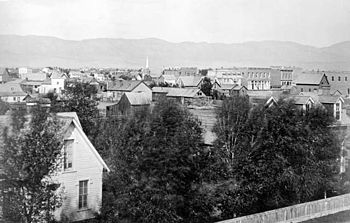By Monta Monaco Hernon
Gigabit Internet has become such a hot topic that related announcements seem to be coming out at, well, gigabit speeds. To help interested parties keep track, Viavi Solutions (NASDAQ:VIAV) has released a gigabit tracking database, dubbed appropriately, Gigabit Monitor, available at http://www.gigabitmonitor.com. The visual database references current and planned gigabit deployments around the world, from mobile, cable and telco service providers. Continue reading






